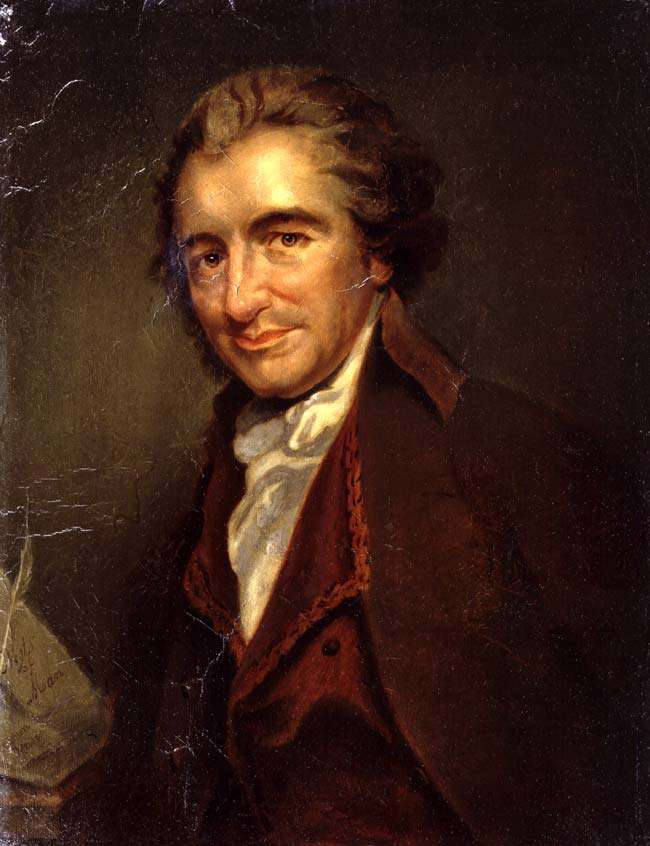Journalism Is an Act, Not a Profession
Sometimes great acts of journalism are the work of average citizens.
SACRAMENTO – Watching some recent debates about who is a "real journalist" and who isn't has been a source of amusement for me given that being a real journalist has not always been that great of an honor. When I told Mom I was getting a job in journalism, she was miffed that her son would waste a decent education on such a low-rent pursuit.
That question of journalistic authenticity, though, has been in the news as Congress has debated a "shield law" designed to protect journalists from government prosecution – an outgrowth of the Obama administration's legal pursuit of people who leak and publish sensitive government information. (Without leaks, there would be little real journalism, by the way. And to government officials, everything is sensitive.)
Sen. Dick Durbin, that noted journalistic expert from Illinois, wrote that "we must define a journalist and the constitutional and statutory protections those journalists should receive."

An outraged Glenn Harlan Reynolds, a law professor, rightly called Durbin a "constitutional ignoramus if he thinks that when the Framers talked about freedom of the press, they were talking about freedom for the press as an institution." Reynolds was writing in the New York Post, but only Durbin would know if that makes Reynolds a real journalist or a poseur.
Reynolds' point is a good one: It's scary to think of the government as the final arbiter of what separates a real journalist from a fake one. It's typical of government to want to put everything in a box, which makes it so much easier to control, regulate and subsidize (just another way to control it). One of the big problems with the herd journalism often practiced in White House press corps or among those journalists "embedded" with the military, is that they curry favor with government officials lest they lose their access to information.
Newspapers and other large media organizations often publish good journalism, but they often publish bad journalism also. The media world has changed so dramatically with the Internet and cable TV and talk radio that these debates seem so arcane that only Congress can have them with a straight face.
We're just as likely – sometimes more likely, based on recent events – to see great journalism practiced by nonprofessionals or by professionals who work for small or independent media as by those working for the major national media. For most of my life, readers were stuck relying on the talking heads featured on the network TV news shows, all of whom produced stories with the same establishment tilt to them.
We also relied on major liberal-oriented newspapers and had few alternatives for getting and publishing contrarian information. The Internet changed all that, but one can be sure that the likes of Durbin will end up protecting only those journalists who fit a more traditional role if they get to put their definitions in law. Bloggers and others like them will be on their own. That's not only elitist, but dangerous for those who value good watchdog reporting.
Government already holds the cards. It is so big and powerful, so secretive and arrogant that we ought not to hobble efforts by reporters and bloggers to expose its dealings. Look at how the government has reacted to Wikileaks and Edward Snowden, who provided that NSA spying information to media sources.
The New Media World, with its plethora of nontraditional reporting voices, has so changed the journalism landscape that even denizens of the major national media understand that any shield law should protect the practice of journalism, not a caste of journalists who work for organizations approved by the federal government.
The New York Times' Public Editor Margaret Sullivan noted recently noted how news organizations sometimes dismiss serious writers and reporters as "bloggers," as if to diminish the work they do. She quoted Times' columnist Frank Rich, who recently savaged NBC anchor David Gregory for suggesting that one reporter ought to be charged with a crime for his work reporting on the information that Snowden provided.
Wrote Rich: "Is David Gregory a journalist? … [N]ame one piece of news he has broken, one beat he has covered with distinction, and any memorable interviews he's conducted that were not with John McCain, Lindsey Graham, Dick Durbin or Chuck Shumer."
Ouch. Bravo to Rich. Journalism is about covering news, not echoing the talking points of government officials. How dare anyone suggest that the ridiculous Gregory is a real journalist, whereas the dogged Glenn Greenwald, the Guardian writer at issue here, is not.
Sometimes great acts of journalism are the work of average citizens who use their cellphone to record, say, a police beating or pound out some news on an infrequently read blog. This is no more surprising that realizing that great acts of Christian charity often take place by people outside of church institutions, or that the best teaching takes place outside the halls of your local high school!
When I started a small investigative news site in Sacramento, the Assembly speaker refused to grant us credentials even though we were doing the same work as "real journalists." But the press organization at the Capitol kindly went to bat for us, which shows how much the new media has changed the thinking even among the old media.A shield law is a good idea, but only if it recognizes that real journalism is an act, not a credential.


Show Comments (67)